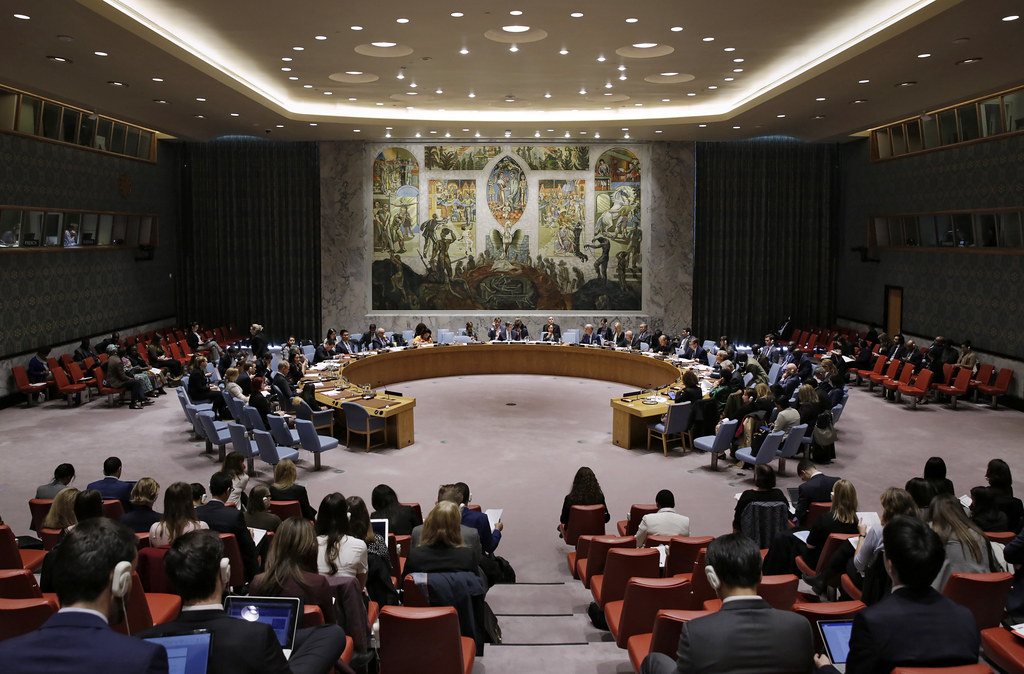As the Israel-Hamas conflict enters its 76th day, the international community awaits a pivotal vote at the United Nations Security Council concerning a resolution calling for a humanitarian pause. The vote, originally scheduled for today, has faced delays, being postponed three times due to disagreements over the wording of the resolution.
The prolonged conflict has sparked concerns about the humanitarian situation in the region, particularly in the densely populated Gaza Strip. The proposed resolution aims to address these concerns by calling for a temporary ceasefire to allow for the delivery of essential humanitarian aid and the evacuation of civilians from the conflict zones.
U.S. Secretary of State Antony Blinken defended the United States’ position on the war, emphasizing that he has not heard calls for Hamas to lay down its arms and surrender. The U.S. stance reflects a broader diplomatic landscape where finding common ground on the complexities of the conflict proves challenging.
The delays in the UN Security Council vote underscore the diplomatic hurdles faced by member states as they navigate differing perspectives on how to address the Israel-Hamas conflict. Disagreements over the language of the resolution highlight the intricate nature of international diplomacy and the competing interests of involved parties.
The unfolding developments emphasize the urgent need for a diplomatic resolution to the protracted conflict, with the international community closely watching the outcomes of the UN Security Council vote. The ongoing discussions and debates within the Council reflect the complexities of addressing a conflict that has endured for over two months, with significant implications for the affected populations and the broader Middle East region.



